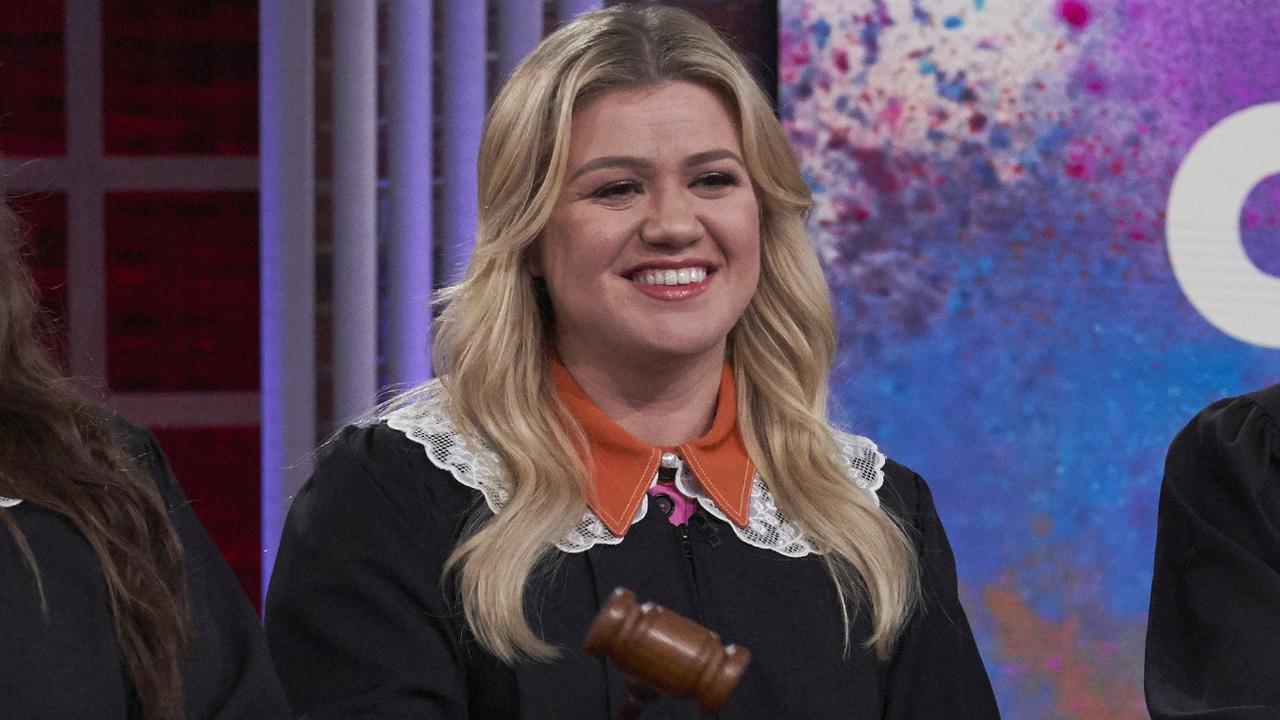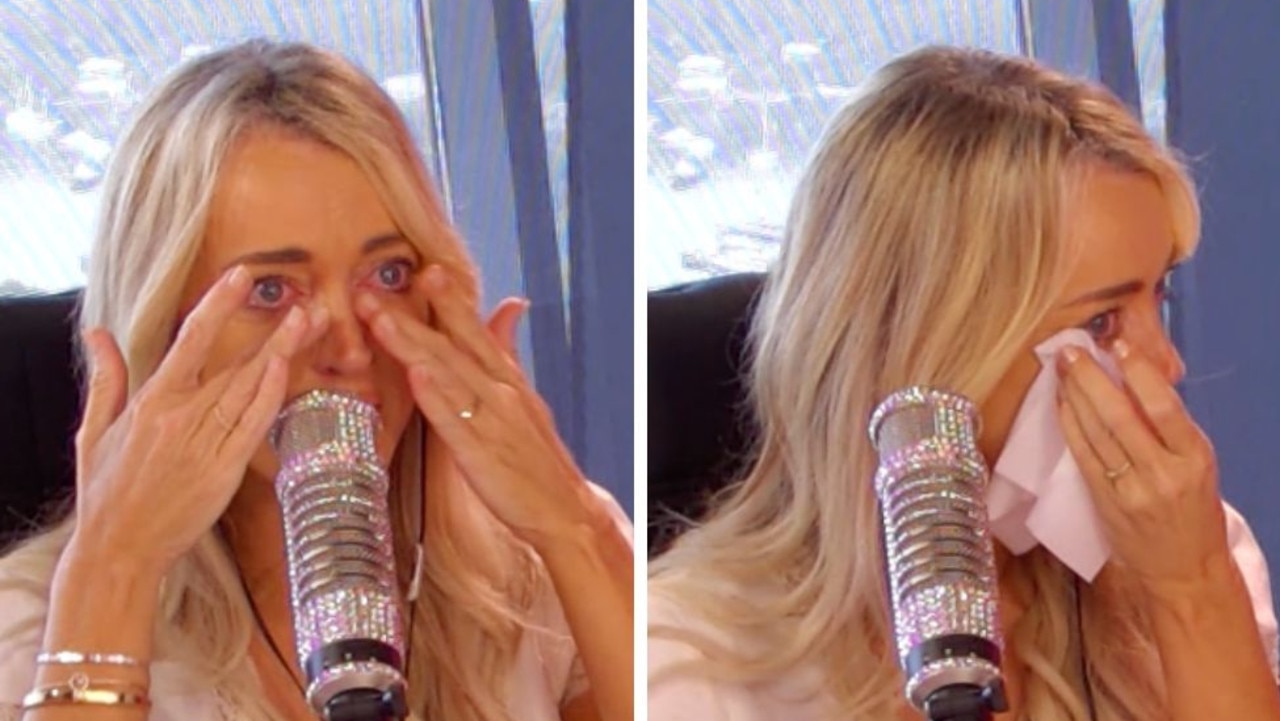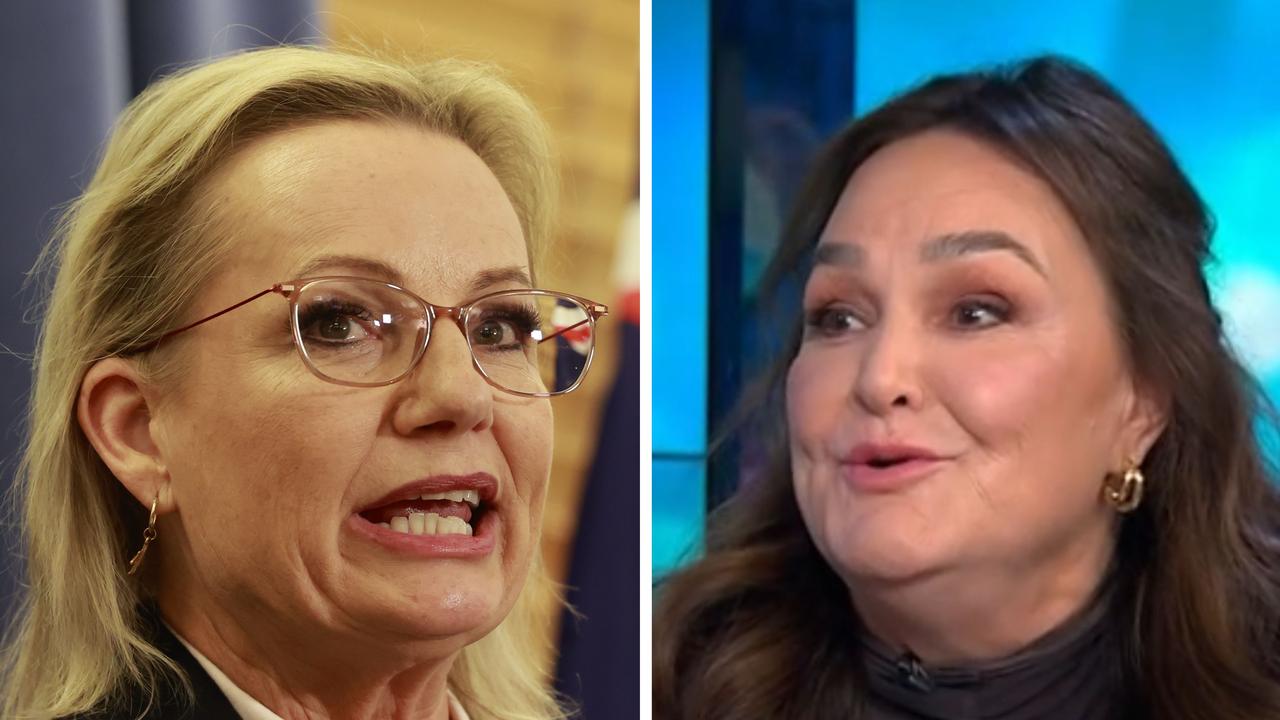Ja'mie King and other screen teens' efforts at adding new expressions to the language
QUICHE. It's gone from a food to a joke to a thing in days, all thanks to Ja'mie King. Is it the best screen teen buzzword ever?
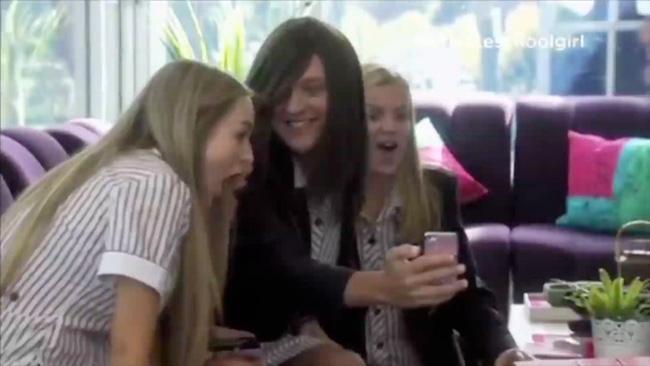
QUICHE is so "very", right now. The phrase - used to denote someone who is hotter than "hot" - is just one week old, having appeared last Wednesday on the debut episode of Ja'mie King: Private School Girl.
Since then it has trended on Twitter and has entered everyday use among teenagers and some adults who wish they were.
But will it go the way of "fetch", or "Baldwin"?
One key test of a TV show or movie's legacy is whether its unique sayings or expressions get picked up by the culture at large.
Here are some other screen hits that changed the way we speak. Some of these expressions were a passing fad; others are here to stay. Why? Because they're quiche.
CLUELESS, 1995
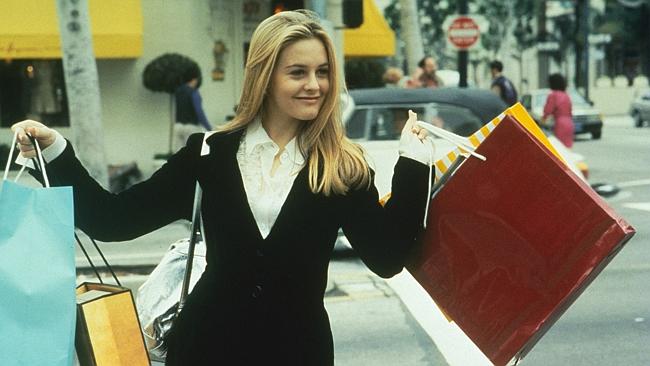
AMY Heckerling's 1995 movie Clueless, essentially a Valley girl retelling of Jane Austen's Emma, is still considered by many to be the gold standard when it comes to teen argot on screen. Heckerling researched the way teenagers speak by sitting in on classes in a Beverley Hills high school, but many of the unique phrases used in the movie were her own invention. One of the movie's enduring turns of phrase - "Going postal" - is still with us today, but others, such as the term "Baldwin", to denote a cute guy, never really took off.
HEATHERS, 1990

BEFORE there was Clueless, there was Heathers. This comedy starred Winona Ryder as a girl called Veronica who was desperately trying to crack the high school A-list, which was dominated by a cabal of girls called Heather. It's remembered most fondly for its novel applications of the F-word, but the characters were also prone to use the word "very" as a non-sequiter noun. As in: "How very."
MEAN GIRLS, 2004
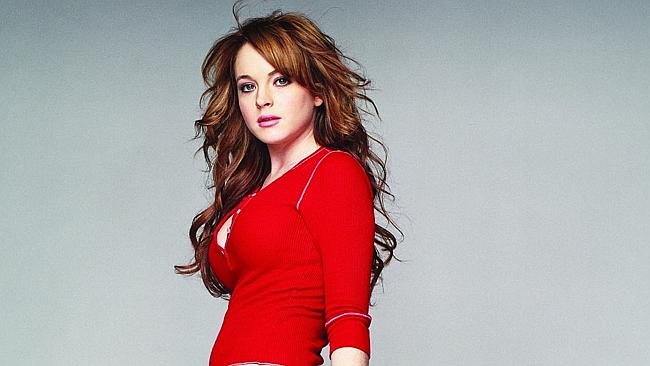
ANOTHER high school comedy about girls being horrible to each other, and another chance to sprinkle some new words into the culture at large. The classic from this 2004 movie was "frenemy" - to describe someone who is both your friend and your enemy, and it has stayed in high rotation, probably because it denotes an idea that no other word in the English language covers. Interestingly, Mean Girls also poked fun at the idea of attempts to impose cool new words on the vocabulary. Lucy Chabert's character spends much of the movie attempting to popularise the word "fetch" (usage: "That is so fetch!") but her efforts are rebuffed - by her frenemies, natch.
A CLOCKWORK ORANGE, 1971
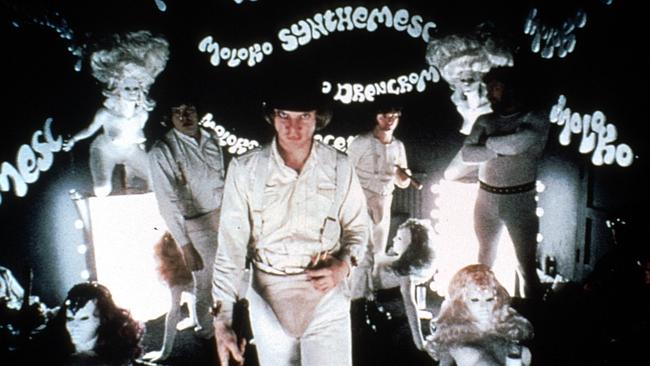
Anthony Burgess' 1962 novel A Clockwork Orange is not an easy read: partly because of its violent subject matter, but also because the text is almost completely conveyed in a future youth slang. Director Stanley Kubrick reproduced many of these terms for his 1971 film version, and a few of the expressions live on today. Among other terms, A Clockwork Orange gave us "droog" (friend, or in some cases, thug), "ultra violence" (meaning obvious) and "the old in-out" (meaning not quite so obvious but eminently guessable).
WAYNE'S WORLD, 1992

ITS culture currency may be all spent now, but Generation Xers ate up the dialogue from this early '90s slacker comedy ("We're not worthy!"). Its big gift to the language at large was the word "not". It might be one of those had-to-be-there-in-the-90s things, but there was a time when "not" was ubiquitous, tacked on to the end of statements to make the irony of the preceding statement thuddingly clear. As in: "I'm having a good time ... not". Or: "Britney Spears totally sang that live ... not." The expression still lives on today ... not.
THE SIMPSONS, 1988 -
Short-eating failed ... D'oh. Picture: AP Photo/Fox Broacasting
The Simpsons may cast a huge cultural shadow, but interestingly, some of its early attempts to popularise certain phrases met with only limited success. Remember those T shirts with "Eat my shorts" and "Don't have a cow, man"? Those sayings have faded, while others - "Ay, Caramba!" and "D'oh!" are still in usage. One other gem used on the show - "embiggen" - has proved eminently useful, for those times when the word "enlarge" just doesn't seem right.
SWINGERS, 1996

"You're money, baby". That was the big word from Vince Vaughn's breakout movie, Swingers. Simply meaning something great - like money, get it? - the term enjoyed a bit of currency in the mid to late 1990s, but you certainly wouldn't be money if you used the term today thinking it was cool.
BIG BROTHER, 2006

More Coverage
Remember this moment from the 2006 season of Australian Big Brother? Housemates Anna and Camilla were evicted from the house - or so the other housemates thought. In reality the girls were sequestered in a secret room, where they were plugged in to hear what the other housemates were saying about them - much of which could be described as unrestrained bitching. Anna's remark in response - "Game on, molls" - was a highlight of that year's show, and was quickly printed on T shirts by fast-thinking entrepreneurs. If Ja'mie's use of terms like "quiche" live on for as long as this expression, she will be doing well. So ... game on, moll.
What other expressions from popular TV shows and movies have become part of our language? Comment below.
###


